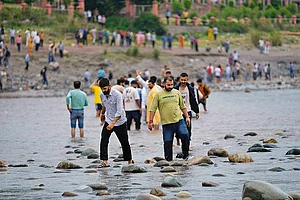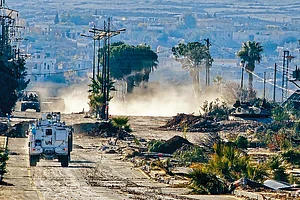Keeping relations on an even keel with China is important for India’s economic growth, but joining a world order led by it would be suicidal
About The Author
Dilip Sinha, who joined the Indian Foreign Service in 1978, was India's ambassador to the United Nations in Geneva (2012-2014). He served in the Prime Minister's Office during the term of Prime Minister P.V. Narasimha Rao. He also served as head of the Pakistan, Afghanistan and Iran Division in MEA (2005-2007) and in the High Commission of India in Islamabad (1986-1990). He was head of the International Organisations Division in the Ministry of External Affairs from 2010 to 2012. His tenure marked India's election to the UN Security Council for 2011 and 2012. He was also ambassador to Greece and has served in India’s missions in Islamabad, Dhaka, Cairo, Bonn and Brasilia. He was Chairman of the Manipur Public Service Commission (2015-2016). He is the author of Legitimacy of Power – The Permanence of Five in the Security Council, published by the Indian Council of World Affairs, New Delhi, in 2019.




